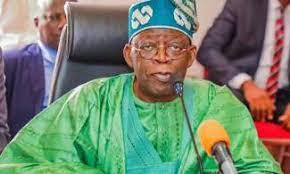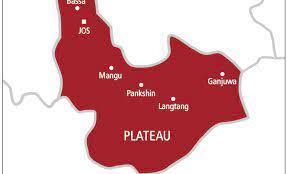Governor of Ebonyi state, Chief David Umahi, Tuesday said the country can survive without oil as crude revenue continues to dwindle.
He sated this at the University of Nigeria Nsukka (UNN) where he spoke as a guest at the university’s 59th Founders’ Day lecture with the theme; Preparing Ebonyi for Tomorrow Zero Oil Economy.
Umahi explained that one way to show that Nigeria can survive without relying on oil and even grow faster was to ensure that all revenues from oil were applied only to infrastructure development.
He noted that it was sub-optimal for Nigeria to be using its oil wealth to fund recurrent expenditure, which promotes a dependency culture that stifles innovation, creativity and productivity and also encourages a bloated governance system with the attendant high cost of governance.
“If we are to insist that recurrent expenditure must be funded from non-oil revenue, it will focus the minds of governments a lot more and drive productivity. It will also make the imperative to improve tax collection more urgent, which will in turn drive accountability as citizens start to ask what is being done with the taxes they pay.
“Zero oil economy contemplates economy without oil. It is a process of shifting an economy away from oil source to other multiple sources from a growing range of sectors and markets.
This requires economic substitutes for oil and gas with the global technological trends and with the emergence of all other renewable energy sources. We need to look beyond oil in our quest to give meaning to the lives of our people. We need to have a zero oil plan as our strategy for economic recovery and growth.
“We need to plan to reduce dependence on oil as countries main foreign exchange. Oil has dominated the country’s economic space. Unfortunately, we don’t have control of the price and it can crash at anytime.
“Therefore, at a time Nigeria’s major revenue earner crude oil is experiencing volatility in price at the global level, and cost of projects rising higher than accruable oil revenue, there is need to drive ambitions for strategic zero-oil policy to reposition the country’s economy”.
The governor revealed that Nigeria’s economy was no longer what it used to be at the early period of its independence.
“”The founding fathers of this university bequeathed to us an economy that was strong and competitive with other economies of the world. The East was a major producer and exporter of palm oil, the West was a major producer and exporter of cocoa, the North was a major producer and exporter of many agricultural produce especially groundnut in the world market.”Statistics has shown that oil economy is not the greatest precursor of job creation, food security and general economic growth, instead it breeds low standard of living, it widens the gap between the poor and the rich and brings about economic imbalance and encourages unemployment,” Umahi submitted.



